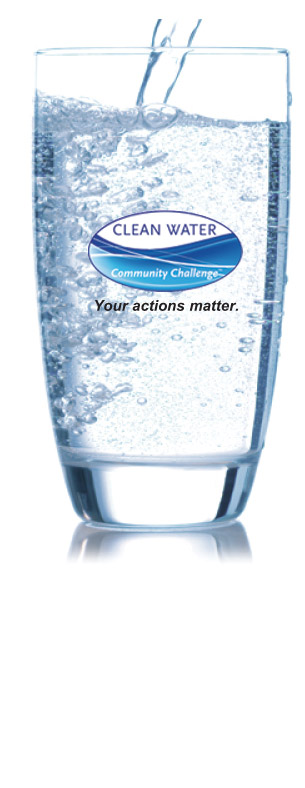 Clean Water Community Challenge
Clean Water Community Challenge
We treat water differently: It takes a watershed
For all the government, private sector and community leaders committed to clean water, the Clean Water Community Challenge is the volunteer solution that invests in your watershed so that you have clean water now and into the future.
Clean Water Community Challenge is the volunteer solution that invests in your watershed so that you have clean water now and into the future.
We can deliver the promise of the Clean Water Community Challenge because we understand the dynamic of working in partnership with public and private landowners in urban and agricultural areas. We know the right people and can identify the opportunities to build mutually beneficial, watershed-level relationships and partnerships that conserve and protect water. At Ecosystem Services Exchange, we have the unique skills and experience to get this done.
That’s because, an important part of our work includes installing and maintaining innovative conservation technologies on working lands. While these technologies reduce downstream impacts generated by nutrients, we know that agricultural and urban areas must work together to generate sustainable solutions. Relationships and trust are key components for success.
Better Returns.
It’s up to all of us to get involved and better control water supply, quality, protection and the cost. Through the Clean Water Community Challenge, we connect agriculture, industry, utilities and communities in effective community-based and sustainable volunteer partnerships that help solve the problem of water conservation and protection at the watershed level. No one can do this better than we can.
Community volunteer water conservation and protection means:
- Reduced need for regulation;
- Lower costs to treat water, leverage of taxpayer dollars;
- Increased community control of water outcomes;
- Improved relationships and sustainable partnerships for watershed-level conservation and protection;
- Increased public awareness and engagement where the issues of water conservation and protection are understandable and relatable.

